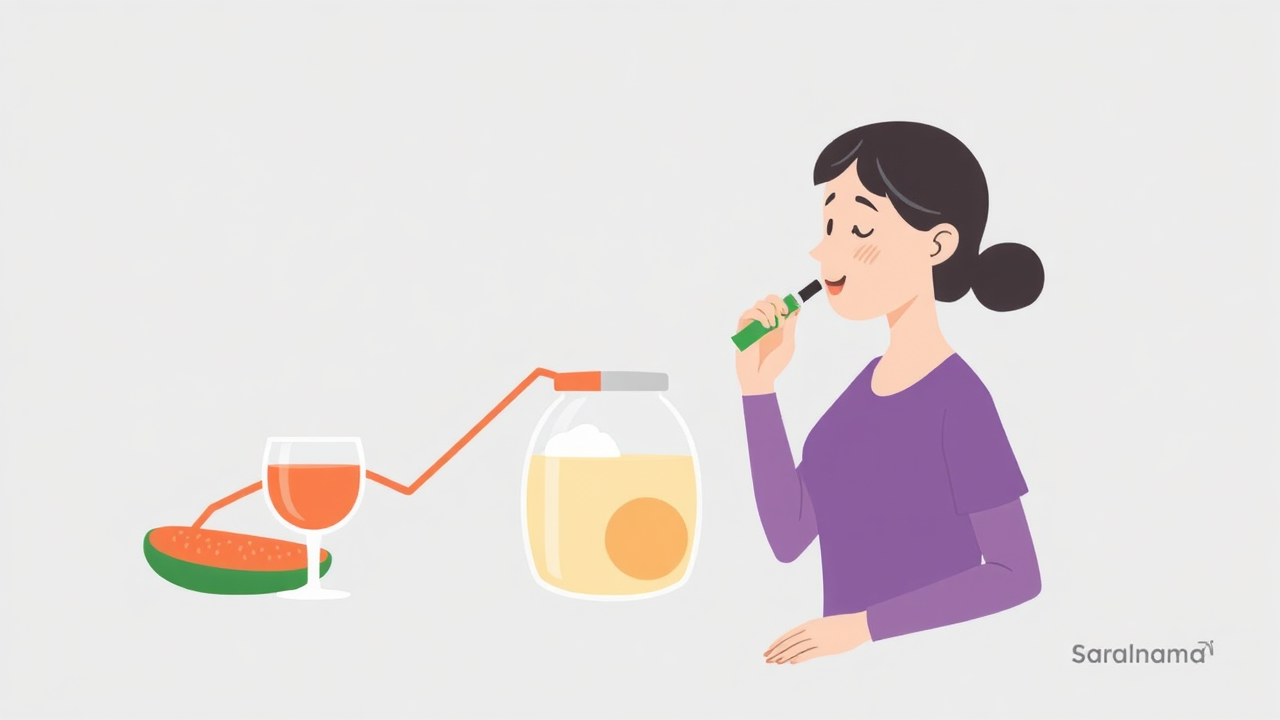Maintaining a healthy lifestyle with clean eating, regular exercise, and avoiding smoking or drinking does not guarantee protection from stroke if one key factor is ignored: stress. According to medical experts, high stress levels can negate all positive health habits. Stress leads to disturbed sleep, hypertension, diabetes, and obesity, significantly raising stroke risk. Risk factors such as high blood pressure, diabetes, and obesity are increasingly affecting younger people. Substance abuse also elevates stroke danger. Common warning signs include sudden weakness or numbness on one side of the body, speech difficulties, severe headaches, vision problems, and loss of balance. Medical attention during the 'Golden Hour' is critical for minimizing damage. Prevention strategies include controlling hypertension, managing diabetes, eating a balanced diet, exercising regularly, and quitting smoking. Despite healthy habits, managing stress remains essential for stroke prevention.

Prevention Strategies to Reduce Stroke Risk
Experts recommend several key strategies to prevent stroke. Treating hypertension is crucial, as high blood pressure is the number one risk factor, damaging blood vessels and causing them to narrow or rupture. Managing diabetes is equally important, since prolonged high blood sugar damages vessels and increases clot formation. A healthy diet rich in fruits and vegetables, low in sodium and saturated fats, helps control cholesterol and blood pressure. Regular exercise supports weight management, lowers cholesterol, and controls blood pressure. Finally, avoiding smoking is essential, as it thickens blood and raises clot risk. These combined measures significantly reduce stroke likelihood.
Source: Link
